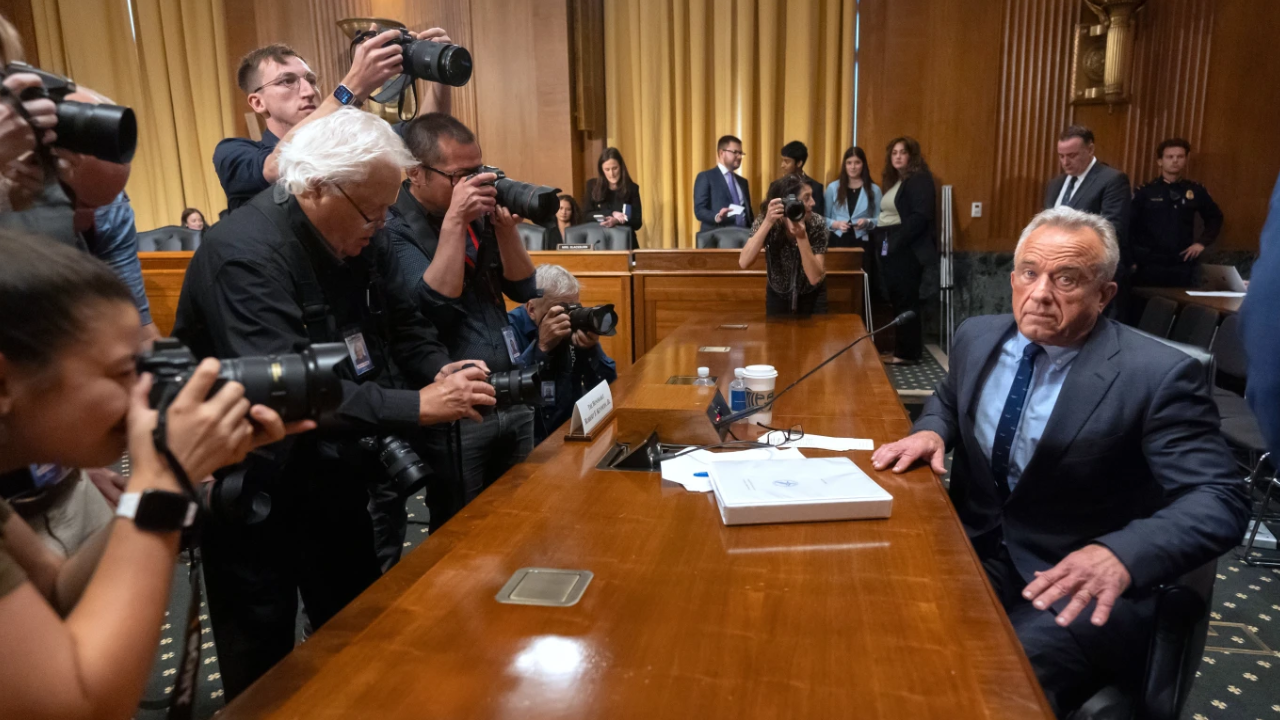Not Just COVID-19, Or Hepatitis B, Kennedy's New Vaccine Committee Plans To Change Chickenpox, Measles, Mumps And Rubella Shots

RF Kennedy Jr, Health Secretary, Source: AP
SummaryA U.S. vaccine advisory panel is reconsidering recommendations for chickenpox, measles, mumps, rubella, COVID-19, and hepatitis B shots. Experts warn reopening long-settled debates could confuse parents, weaken trust, and limit access, especially for low-income families relying on federal programs. Critics say the review risks undoing decades of protection against preventable childhood diseases.
End of Article
